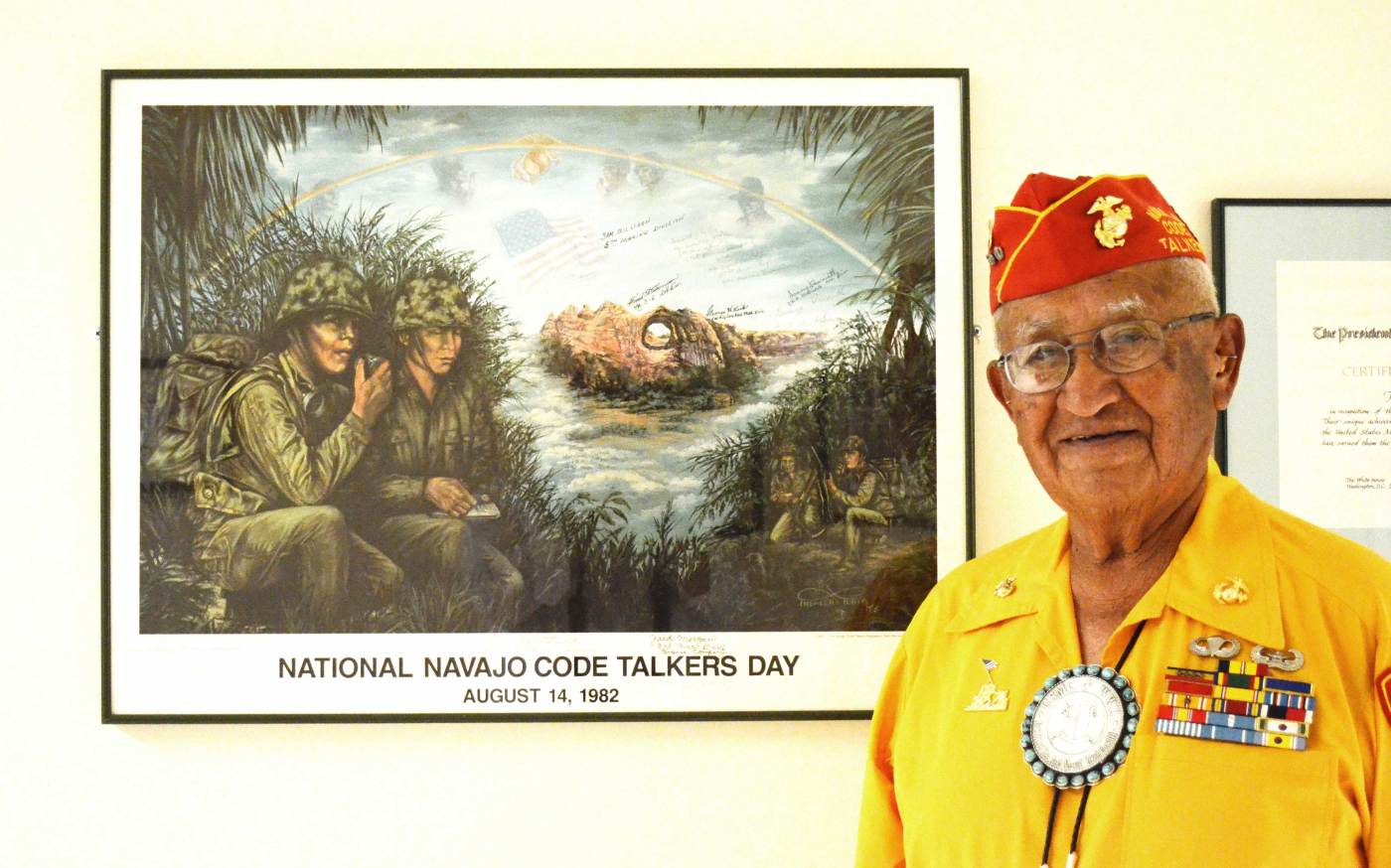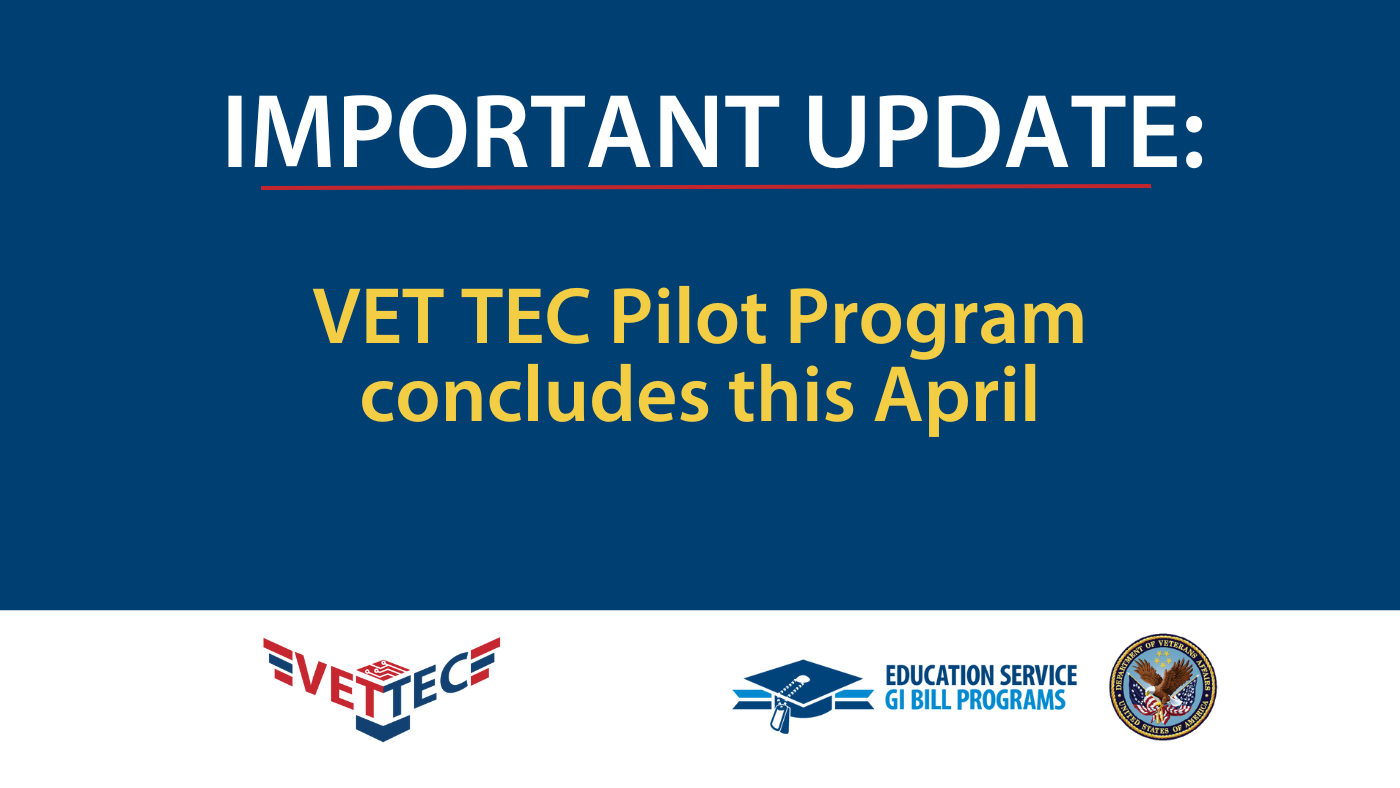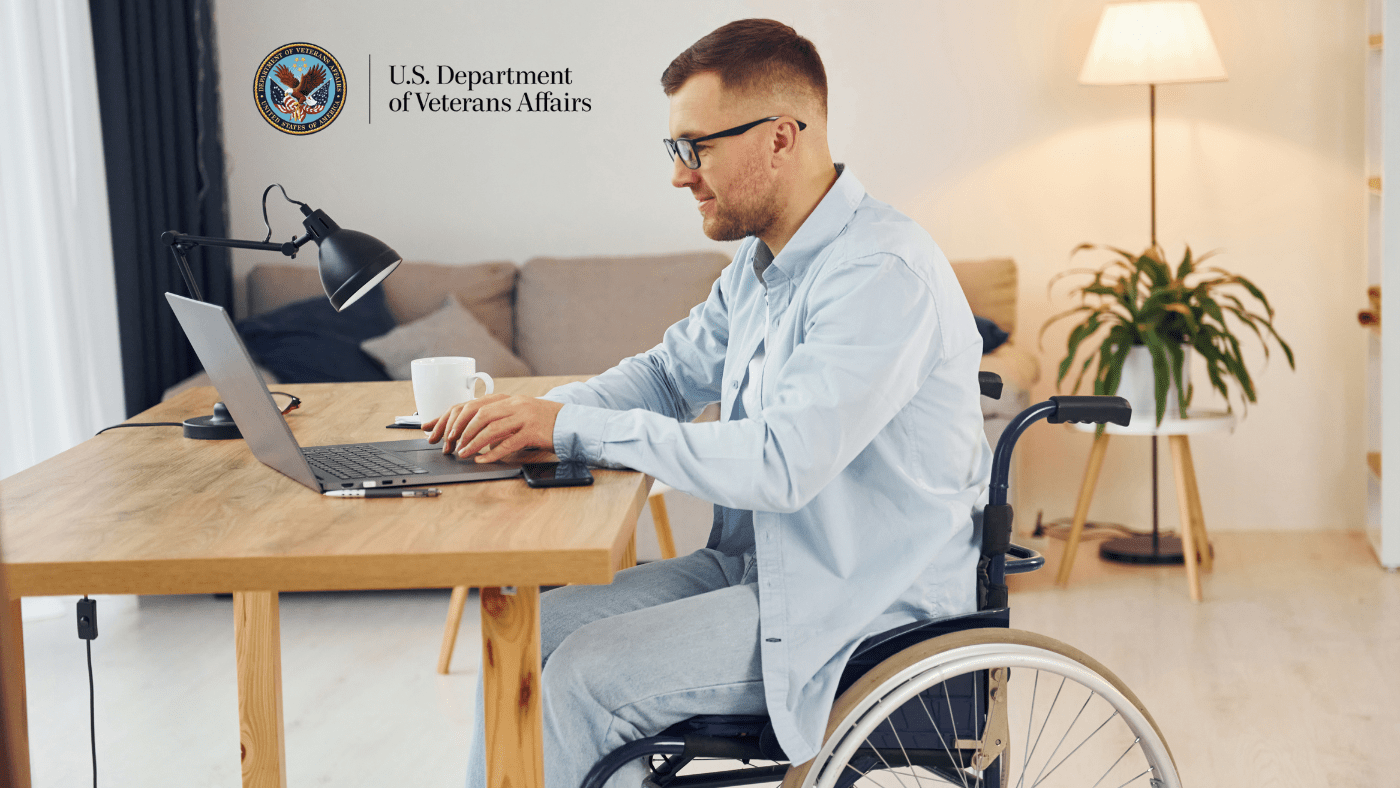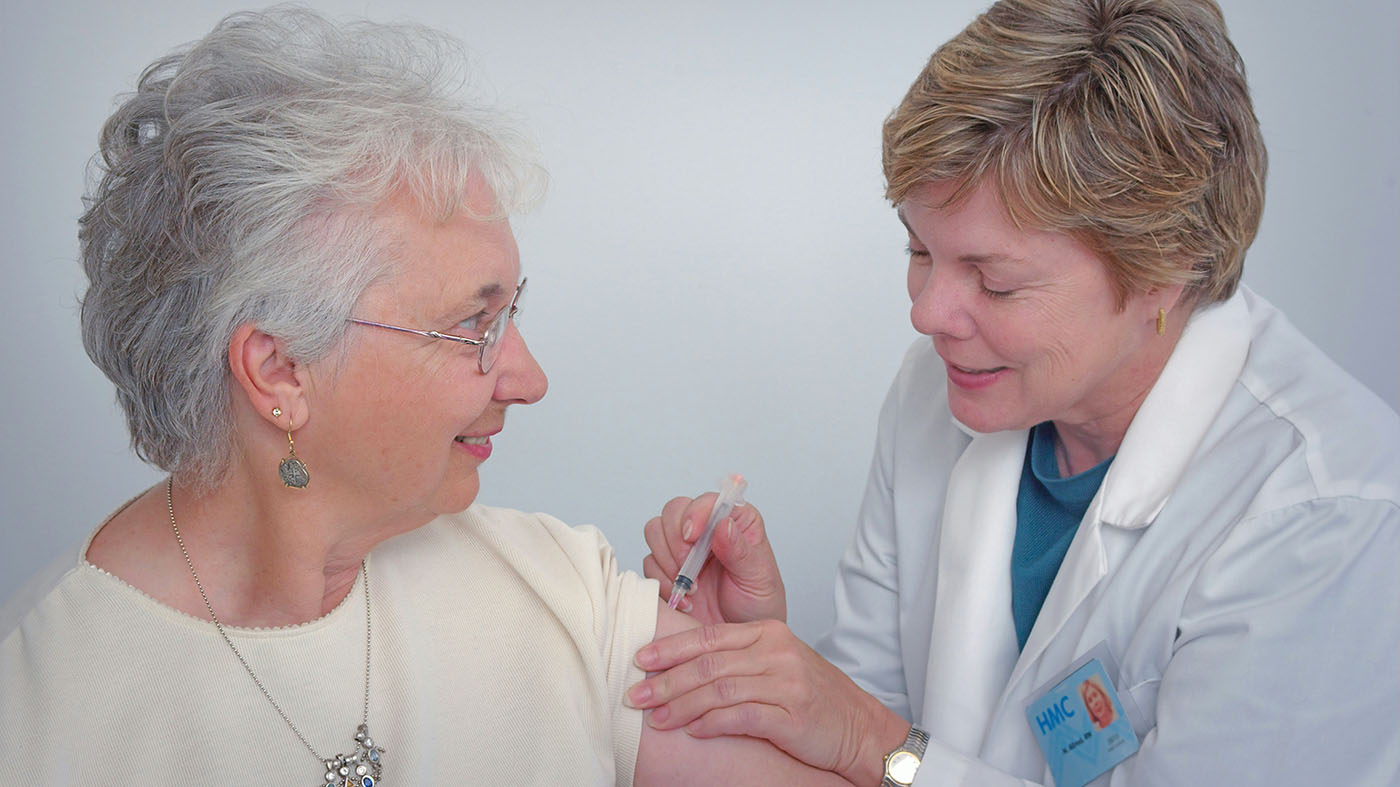Early in World War II, the U.S. had sustained significant damage to the homeland and the troops, from the devastating bombing of Pearl Harbor, to attacks in the Philippines and Guam. It became clear that the nation’s battle plans were being deciphered almost as quickly as they were being put together.
In 1942, Phillip Johnson, a World War I Veteran who had been raised on the Navajo Indian Reservation, met with Major General Clayton B. Vogel and presented an inventive plan he believed would solve the military’s communication problems. Johnson proposed the use of the Navajo language, unwritten at the time, to satisfy the military’s need for an undecipherable code. Twenty-nine Navajo recruits attended boot camp at Camp Pendleton, where they trained for war and developed the code and its implementation.

“We feel good,” said Thomas Begay, a 90-year-old Veteran and Navajo code talker.
When we spoke with Begay, he was getting ready to attend the Navajo Nation celebration for Navajo Code Talker Day in Window Rock, Ariz. The 90-year-old WWII and Korean War Veteran is one of the few code talkers still able to walk in the parade. He loves coming to the celebration to see his fellow code talkers and honor the families of those who have passed.
In advance of the 2015 National Navajo Code Talker Day, Begay sat down with VA employee David Overson at the Albuquerque VA Medical Center to talk about being a code talker serving in the U.S. Marine Corps. Begay remembered a lot about what it was like when he first volunteered to serve.
I joined the Marines and wanted to be air gunner in August 1943, [and] they told me, “You’re the man we’re looking for.” So, September 1943, they put me on a train. I had never been on a train before in my lifetime. The told me I could eat and sit, they didn’t tell me I could sleep, they didn’t tell me about the bed. I sat up all night. There was a porter [and] he said “Hey, how come you didn’t sleep?” I said, “You didn’t tell me!”
I was in the dining hall and I was way back. There were all kinds of people lined up, [and] there was a guy coming down in the line checking tickets. When he came to me he said, “You go to the front, eat whatever you want, order whatever you want to eat. You’re a priority because you volunteered for the military services.”
Begay recalled what it was like when he arrived at his first military assignment.
I walked in and there were all kind of Navajos. I didn’t know [any] of them. I looked at my orders and said “I must be in the wrong place I was supposed to go to gunnery school.”
There was a Sergeant, I said “Sir, I supposed to go to gunnery school, Marine air craft.” “No,” he said, “you are in Code Talker school. It’s confidential, nobody knows about it.” I said, “I don’t want to be a code talker. I want to be heavy gunner.” Sergeant says,”Too bad, you’re here.” Then he said “I want you to try.”
Begay’s division saw some of the heaviest fighting of the Pacific campaign.
I’m a combat Veteran. In February 1945, we landed at 0900 on Iwo Jima. I was with the Marine division that raised the flag on Mount Suribachi. I was in the 5th Marine division radio platoon, and then later I was assigned to Agent S Company Radio Section. Two Navajos were killed and five were wounded of the 33 assigned to them.
Begay reflected on what it was like to be a code talker.
It’s like playing with language. It’s very interesting, if you know the code, you just use it. They usually write a message for you, the message center people, they give it to you. Our unit called us talkers, they don’t say Navajo code talkers — the commanding general said no code talker words.
It means a lot to me. Nobody — Japanese, no one — ever decoded it. Even [other] Navajo, if they’re not trained as a code talker. They can write everything we say, but they don’t know the meaning. They can’t decode it, only we knew the code word in English.
We helped save lives, especially B29s coming back from Tokyo. We saved millions of dollars and lives with the many things that we did.

Like Begay, most of the remaining code talkers are in their nineties, yet the memories of what they accomplished has not been forgotten. As Begay told us, the Navajo code they developed helped save lives and gave the military a way to secretly convey its battle plans on America’s way to victory.
Topics in this story
More Stories
Over the five-year program, more than 14,000 VET TEC beneficiaries completed their program and nearly half have reported finding meaningful employment with an average starting annual salary of $65,000.
VA is calling for applicants for the 2024 Specially Adapted Housing Assistive Technology grant.
Updated COVID vaccines are available free of charge to Veterans receiving care at VA .







Even Gen Custer would be proud of these men.
Thank You!
WHEN I WAS UNDERGOING TRAINING IN CRYPTOLOGY (1952/53) I LEARNED OF THE
NAVAJOES AND THEIR CONTRIBUTION IN WW2 BATTLE OF MIDWAY..WHICH TURNED OUT TO BE
THE TURNING POINT IN THE PACIFIC WAR. I WAS SO IMPRESSED THAT I SPENT THE NEXT 20 YEARS
IN THE ‘BUSINESS’.
NOW THIS IS WORTHY READING…WHAT AN EXTRAORDINARY GROUP OF AMERICANS. THANK YOU!
Many are alive today and do not even know the debt of gratitude they owe you for saving the lives of their Grandfathers. As the mother, daughter, and grand-daughter of servicemen, I thank you and and all those who gave their service and their lives to protect this country and give us the lives we enjoy. Thank you brave warriors!
I was very fortunate during an assignment at the National Security Agency in the Communications Security Directorate in the late 80s, to be asked to escort a group of about 15 of the Code Talkers who came to visit us. We showed them how we made modern codes and cryptographic devices so they could see how things had changed since WWII. We also had some ceremonies where the leadership and workforce could honor the Code Talkers for their service. It was an amazing two days with a group of wonderful men. We felt a kinship because of our common military service and our understanding of protecting information during communications. I was sad to see them leave, but happy I got to spend some time getting to know them.
In later years, as a civilian employee at NSA after my military retirement, I was able to see some of them again on return visits. There was always some sadness, though, as some of the group had left us. Over the years since, I have noted the passing of many more, and it brings a tear to my eye with the loss of each one. These were brave men who served our nation honorably in combat. May their spirits soar with Eagles.
Semper Fi Marine Code Talkers! You are true American hero’s!!
Reading this story, I could not supress my emotions, as many traditionals have been taught. Tears of pride, joy, sadness, & gratitude are blurring my vision. Grandfathers, your (Navajo) People will always remember & celebrate your journeys! Now, the whole world can know of the contributions your People made; contributions that not only saved lives, but may have saved this great country! Perhaps even more blessings will be bestowed upon ALL Native People because of your courage & sacrifices! I pray thhat your next journeys are more restful, & much more peaceful!